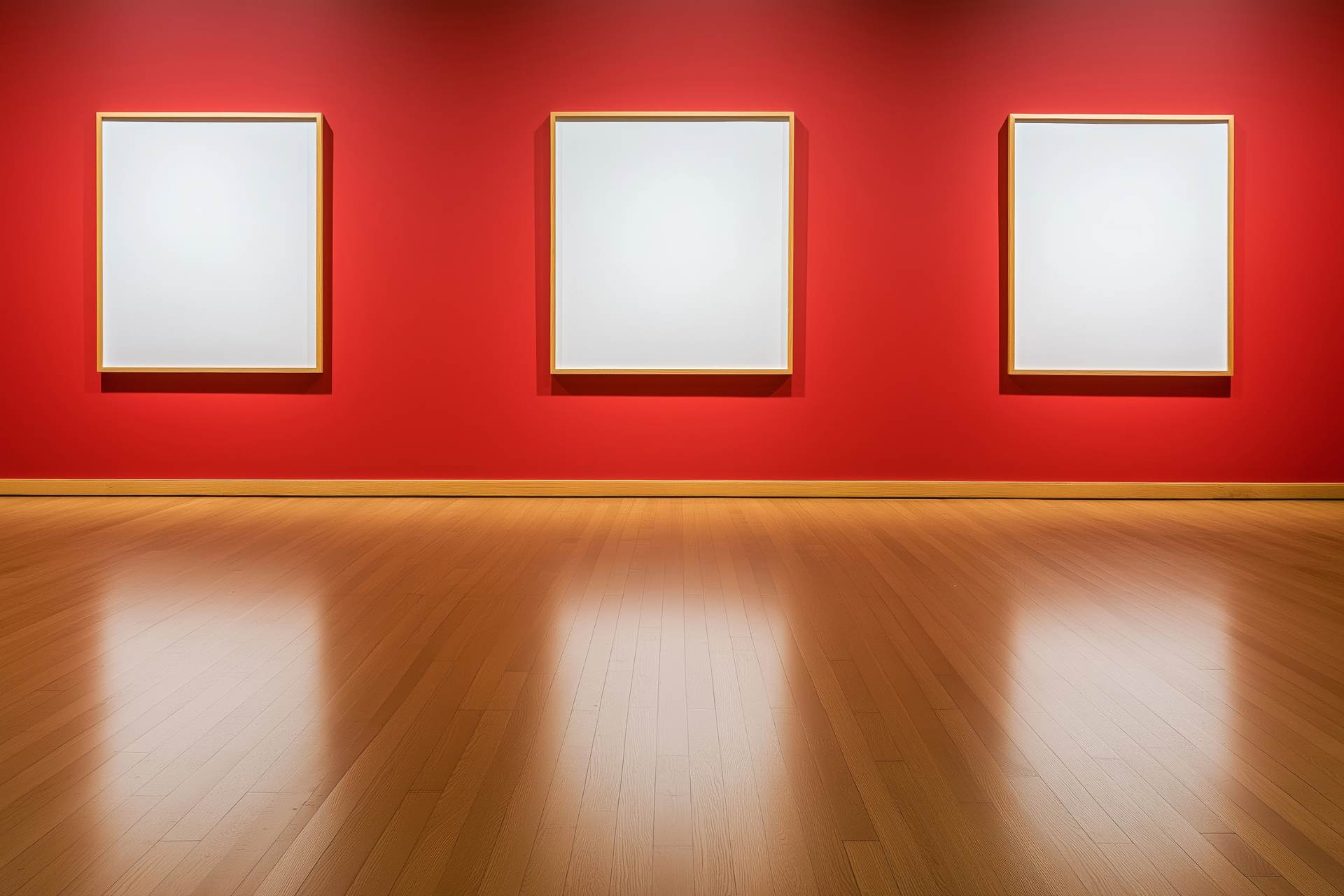
Sophia and Anthony say they love each other, and with two children have a lot at stake. But they have come to couples therapy because they are not happy. They both agree: there’s no joy. Anthony says he can’t remember the last time they had sex, or, for that matter, actually had fun together. Sophia can barely contain her resentment when he says this, and rolls her eyes, as if to say, “Can you believe this guy?”
What she actually says: “He wants to have fun, while all I do is take care of everyone. I take care of the kids, pack their lunch, drive them to their games, take the dog to the vet. I’m in charge of everyone’s appointments, meal planning, and grocery shopping. I’d love to have fun.” He counters, “I try to help you! Every time I ask you what I can do, you always turn me down. You love playing the martyr!” Sophia doubles down: “You never ask me what you can do! Or if you do, you never follow up! You say you want to have fun, but then you stay late at work and leave it all for me. You don’t even know how much I do for this family.”
And on it goes…
Couples that have this level of resentment have ventured into troubled waters. They are swimming in the toxic seas of contempt.
Things were not always this way. Sophia and Anthony had a lot of fun in their early days. Having kids shifted their priorities. The negative sentiment accrued gradually but steadily. And now it feels impossible to keep it at bay.
This buildup of resentment is what I have come to think of as The Museum of Hurt. Each partner has their own personal internal museum that they have constructed over time.
There may be a permanent collection of the perpetual hurts. These works are always on display, organized in galleries according to theme, or, perhaps, chronologically: Character Flaws, In-Laws, Harsh Words, Disappointing Holidays. Temporary exhibits are carefully curated from the collection: He Forgot My Birthday—Again! or Reasons She Never Wants to Have Sex.
The problem here is that these hurts have become catalogued, numbered, and archived in one’s mind. They may be forgotten about when times are good, but the museum stands at the ready for another visit at any time. We know we are in the museum when we use superlatives and “you”—“you always,” “you never”—and when we use past hurts as a well-rehearsed defense rather than staying in the present moment, with what we are feeling now.
We may have good reasons for curating our hurts and preserving them behind glass—they help to protect us when we feel vulnerable, and even if we may be guilty of similar hurts, we get to hold on to our moral outrage and sense of rightness. Feeling vulnerable is scary. But it’s the vulnerability that needs investigating, with all its unconscious, subterranean flow of helplessness. It requires looking inward and cultivating self-compassion, rather than looking to another to heal us.
To actually let go of a hurt means letting go of much more than the objects of hurt exhibited—it means letting go of taking it personally, and letting go of our own unskillful words, actions, and thoughts. It means seeing ourselves as at least as responsible for perpetuating the corresponding galleries of hurts in the other. And tending to our vulnerability also means standing up for ourselves without causing harm, walking away when we feel flooded, and coming back to repair when harm has happened.
Anthony and Sophia are not alone—overcoming hurt and resentment is not easy. It requires a lot of practice and intention: staying with what’s happening now, expressing hurt as a quality of mutual care, and taking a risk to break the pattern of mutual blame. Can Sophia stand up for some very real disparities in their household, and also see how Anthony is impacted by her withdrawal? Can Anthony express his loneliness and need for connection without blame, while admitting that he lets himself off the hook in other areas?
Perhaps there is a new museum they can start building, one where the exhibits focus not on amplifying blame but on highlighting what their partner is doing right. If Sophia and Anthony stop funding the Museum of Hurt and put their resources into curating a different kind of life together, one that displays joy and mutual care, perhaps they will find their way back to each other.
According to John Gottman’s research, the average couple waits six years from the onset of a problem to pursue couples therapy. If you and your partner are stuck in gridlock and blame and struggling to see the forest for the trees, don’t wait; we’re here to help. To learn more about our services, including reduced-fee sessions, schedule a free consultation.
